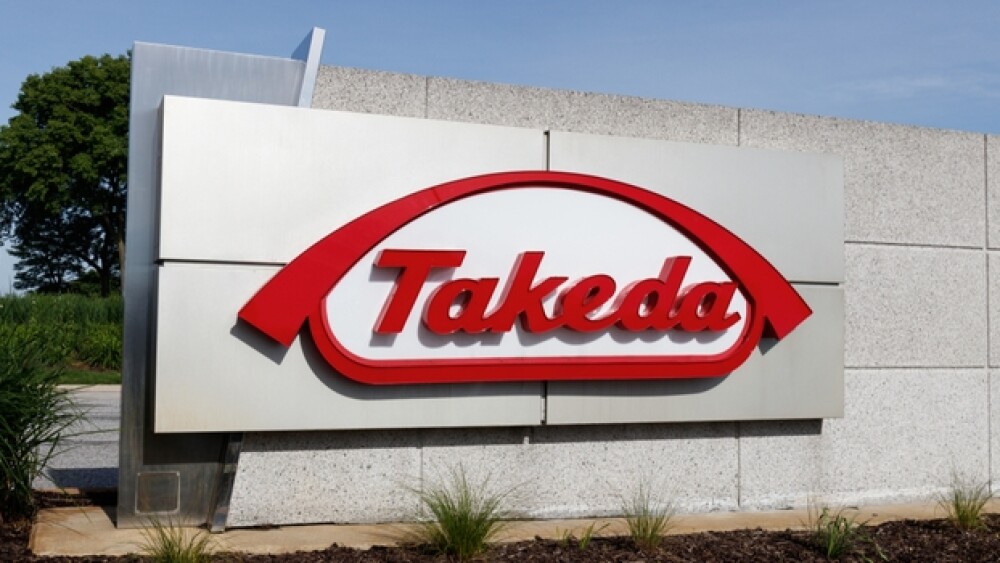Takeda, Zedira and Dr. Falk Pharma will collaborate to develop ZED1227/TAK-227, a potential first-in-class investigational therapy for the treatment of celiac disease, Takeda announced Thursday.
Jonathan Weiss/Shutterstock
Takeda, Zedira and Dr. Falk Pharma will collaborate to develop ZED1227/TAK-227, a potential first-in-class investigational therapy for the treatment of celiac disease, Takeda announced Thursday.
The collaboration will provide Takeda with an exclusive license to develop and commercialize ZED1227/TAK-227 in the United States and other countries outside of Australia, Europe, Canada and China, according to a press release.
Under the terms of the agreement, Zedira and Dr. Falk Pharma will receive upfront payment and eligibility to receive potential development, regulatory and commercial milestones and royalties on net sales.
The Phase IIb investigational therapy trial will involve global clinical studies of the treatment.
TAK-227 works by inhibiting the tissue transglutaminase (TG2), which is an enzyme that generates immunogenic gluten peptide fragments upon the breakdown of gluten in the stomach and intestinal tissues. It was proven to be safe and well tolerated in a Phase IIA proof-of-concept study published in the New England Journal of Medicine.
ZED1227, originally discovered by Zedira, had its European rights licensed to Dr. Falk Pharma in 2011. Dr. Falk Pharma has been in charge of preclinical and clinical development of the treatment since then. This license agreement guaranteed Zedira an upfront payment and milestone payments and royalties in the European market.
In 2015, Dr. Falk Pharma and Zedira collaborated on ZED1227 for a Phase I clinical trial. The trial offered additional safety when applied in the midst of a "mostly gluten-free diet," which stood to improve quality-of-life for millions of patients.
TAK-227 isn't Takeda's only celiac treatment in development. The company is currently developing two other investigational celiac therapies, both of which recently entered Phase II clinical trials.
TAK-062 is a highly-potent glutenase that was computationally engineered to treat celiac disease. TAK-101, a potential first-in-class treatment, is an immune-modifying nanoparticle that contains gliadin proteins designed to promote immune tolerance to gluten by preventing gliadin-specific T-cell activation.
Takeda acquired a global license to develop and commercialize TAK-101 in 2019 following a successful Phase IIa proof-of-concept study.





